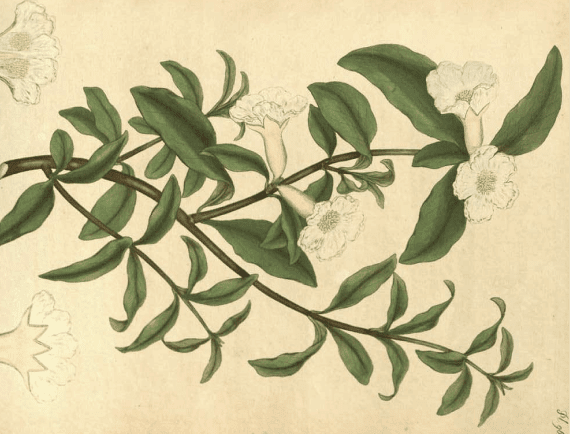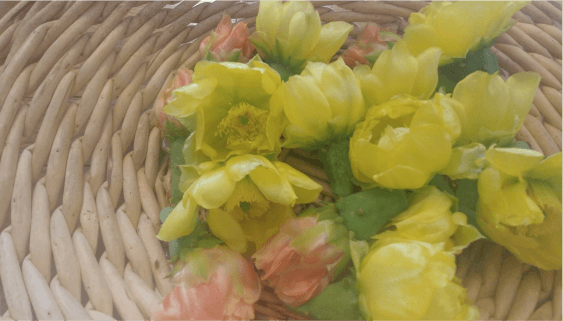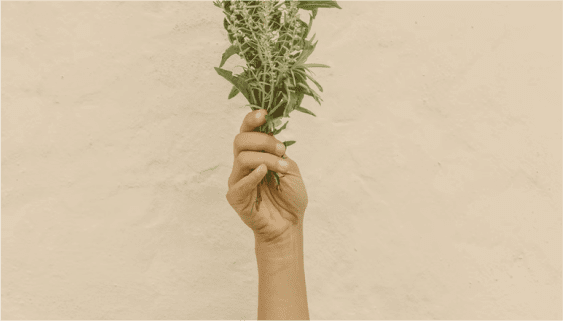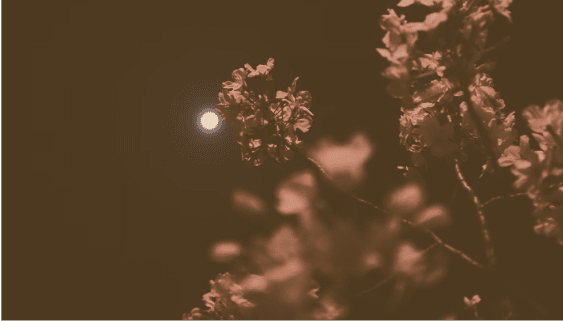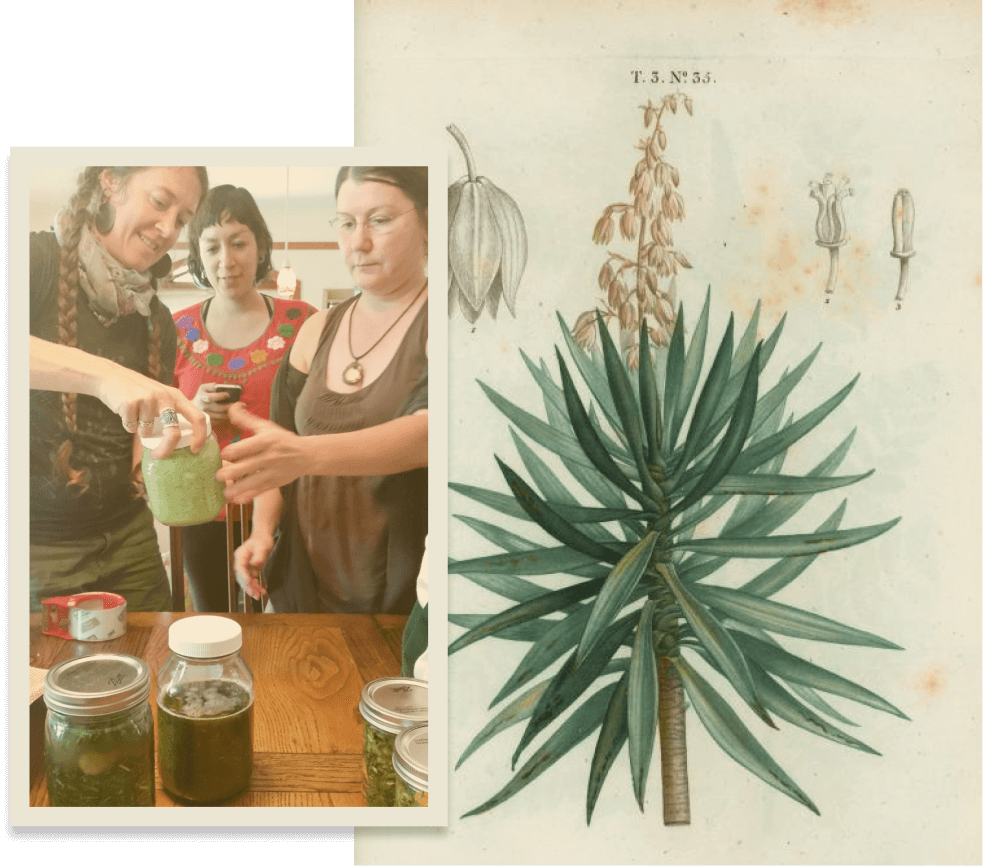Gumweed’s official latin name is Grindelia. Central Texas species include microcephala, ciliata, and squarrosa
It is in the Asteraceae (or Compositae) family of plants
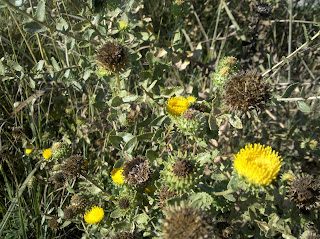 Grindelia is a low growing small green sticky plant with yellow flowers. It has soft shiny leaves and is very fragrant, offering a very green, camphor-like odor. Do not confuse with Heterotheca( Mexican arnica) which tends to have rougher leaves and lacks shine. Due to the abundance of yellow flowers that you could run into in the field, I find that its defining characteristics is the exceptionally defined pappus, shiny look, resinous nature, and smell. It grows in clumps in full sun, can stand summer heat, much longer than most. In fact it is most commonly coming into bloom in August and September, while other plants bake.
Grindelia is a low growing small green sticky plant with yellow flowers. It has soft shiny leaves and is very fragrant, offering a very green, camphor-like odor. Do not confuse with Heterotheca( Mexican arnica) which tends to have rougher leaves and lacks shine. Due to the abundance of yellow flowers that you could run into in the field, I find that its defining characteristics is the exceptionally defined pappus, shiny look, resinous nature, and smell. It grows in clumps in full sun, can stand summer heat, much longer than most. In fact it is most commonly coming into bloom in August and September, while other plants bake.
Native to Texas and I have found growing around Austin and the Hill Country
Grindelia tends to be a stimulating and cleansing, it can irritate the kidneys, so aware of this if you have weak kidneys, or damaged kidneys. It was a well loved calming expectorant known to help clear and kill infections in the lungs, stimulating to the respiratory tract, expels phlegm. Its pharmacy also lends it to use during asthmatic conditions(wheezing, congestions, inflammation). I have prepared gumweed as a syrup and as a tincture.
Topically this is our Southern poison ivy herbal ally. I kept coming across posts for jewelweed jewelweed and more jewelweed for poison ivy(which does NOT grow here). Gumweed does grow here, and its abundant and I know people personally that have used it successfully for treating poison ivy. Sam Coffman, another Central Texas herbalist really loves this plant as well, you can find his post about it in this blog.
Grindelia may be used instead of Calendula topically. King’s Dispensatory has interesting specific indications for for “Splenic congestion, especially when dependent on malarial cachexia; fullness and dull pain in left hypochondrium, with indigestion, pallid, sallow countenance, an general debility; gastric pains associated with splenic congestion”
This is a plant that does well with disturbance and and can really take a beating in the sun. It definitely deserves some attention from herbalists!
